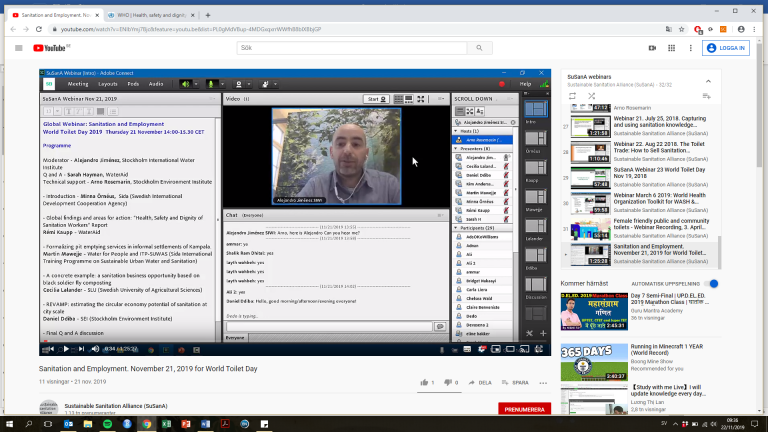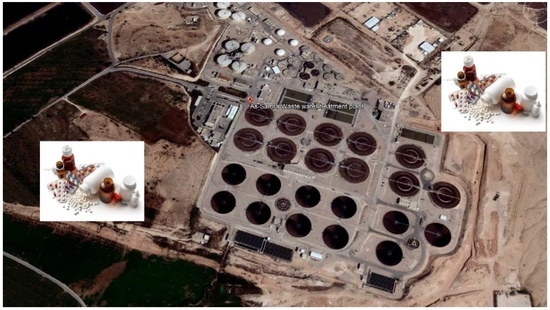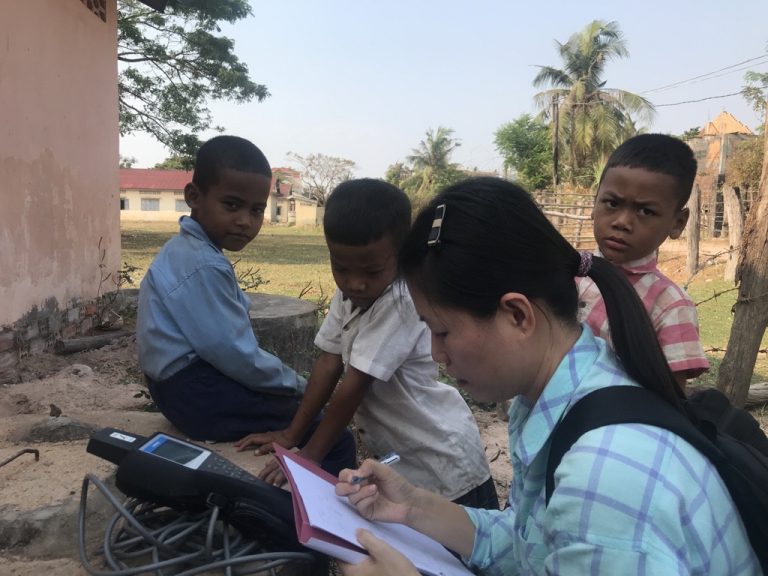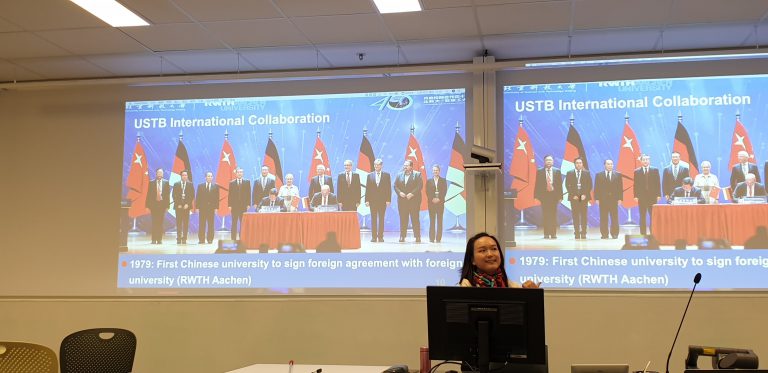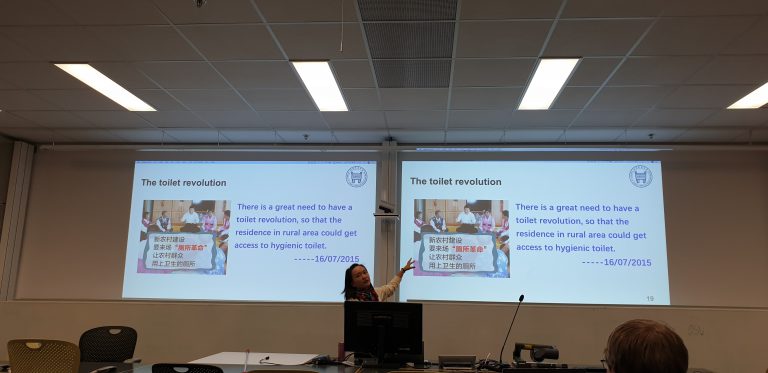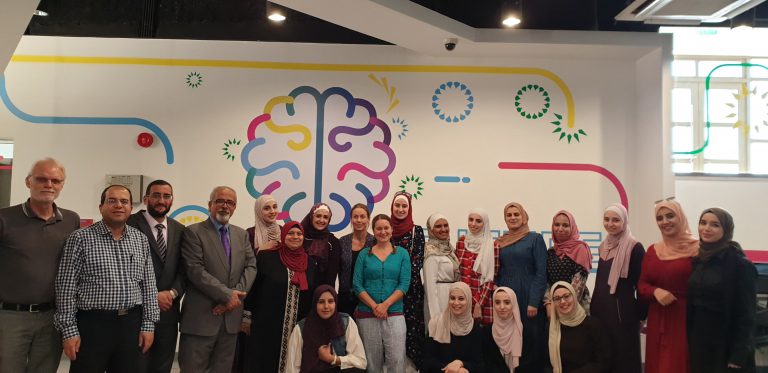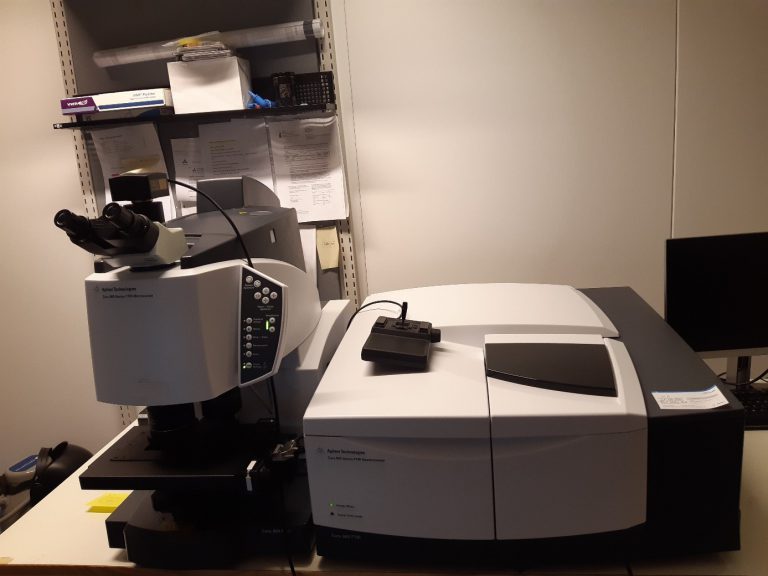
After investing 1.5 million Swedish Crowns, the new Cary 620 FTIR microscope coupled with Cary 660 IR spectroscopes and FTIR microscopy is finally installed and ready for operation for analyses of microplastics in Department of Energy and Technology. Using the Focal plane array detector and the FTIR spectrophotometer, the instrument will be used to implement chemical imaging to identify, quantify and determine the particle size of micro plastics and other substances. The instrument is homed by Environmental technology group under the responsibility of Sahar Dalahmeh.

